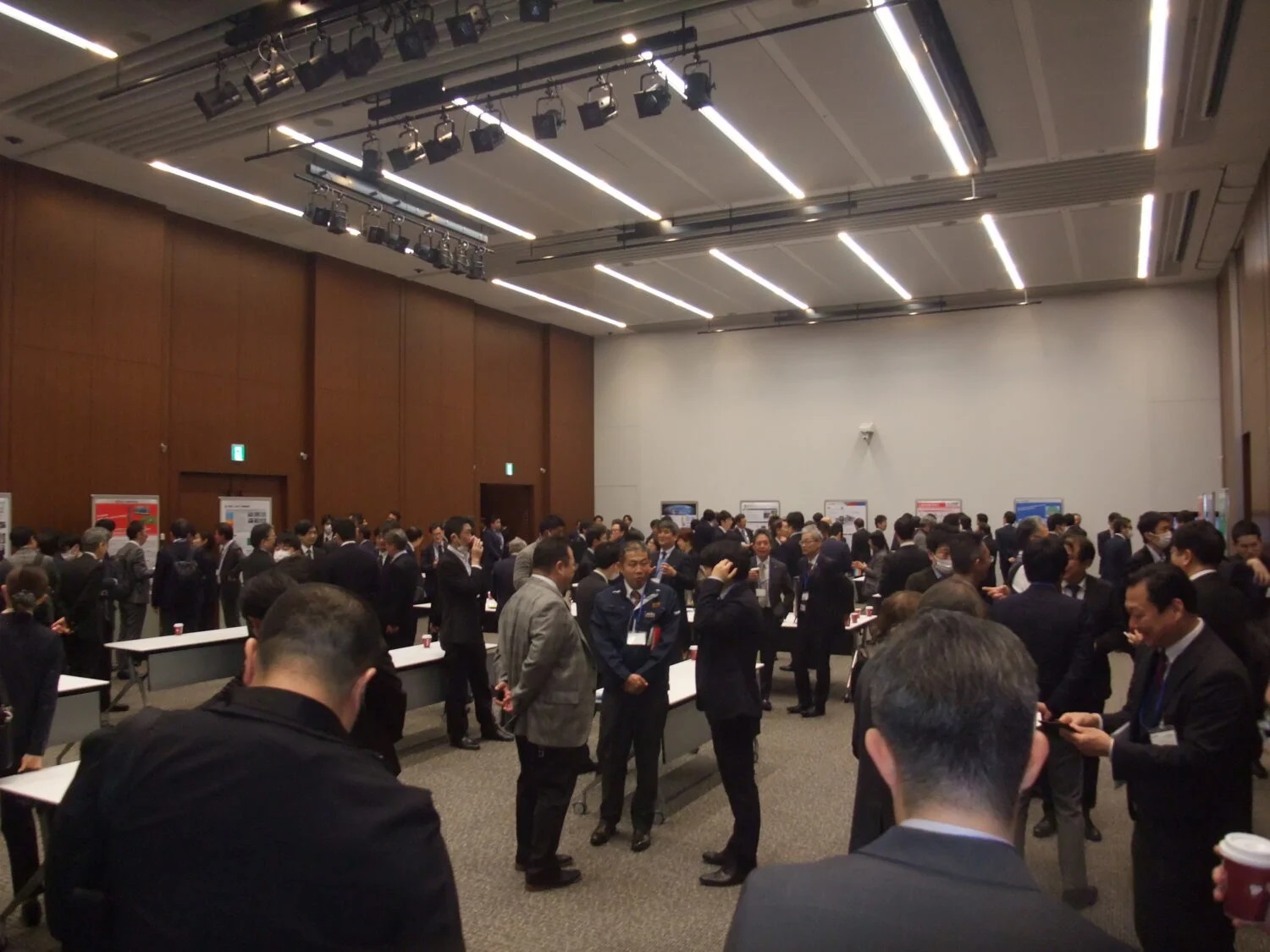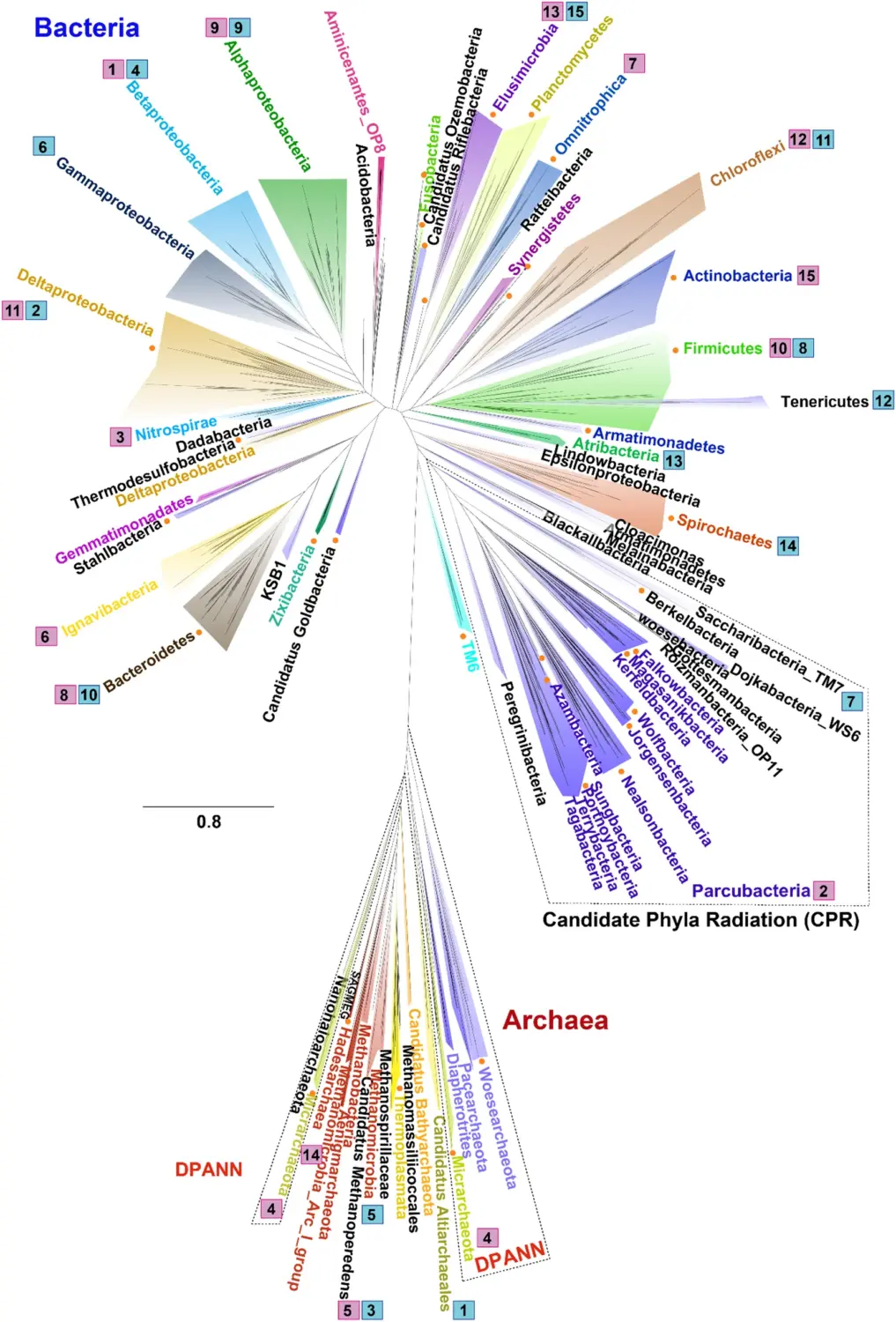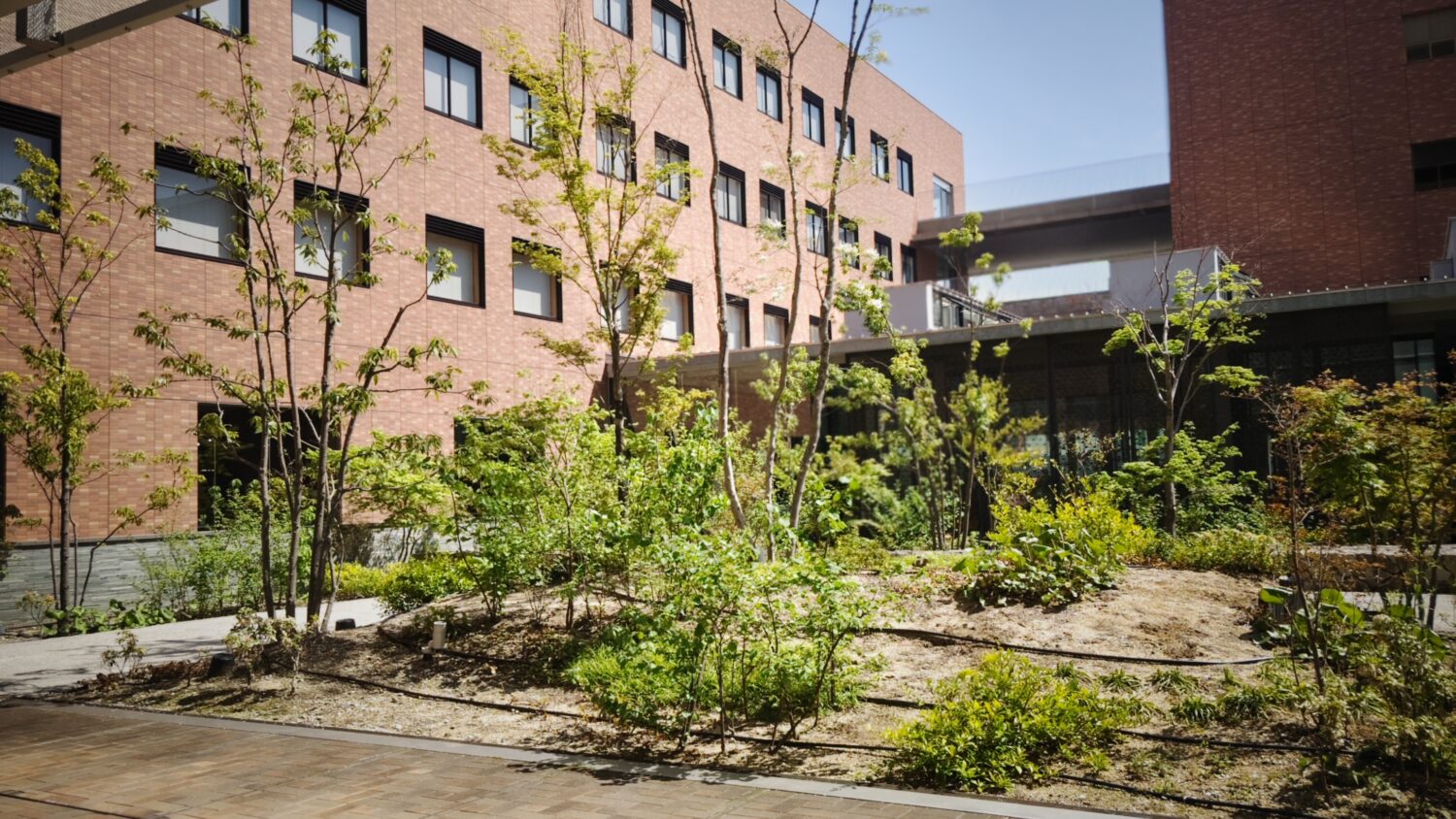The purpose of the meeting was to listen to people’s opinions from the region concerning effective measures to deal with unfounded fears and rumors.
Fukushima Deputy Governor Masaaki Suzuki, along with others from commerce and industry organizations as well as agricultural, forestry and fisheries groups, expressed deep concerns about a possible new round of fears and rumors. They called on the government to act responsibly and present a concrete framework for compensation for damage.
Attendees from the government at the first meeting were:
- State Minister Kiyoshi Ejima of the Ministry of Economy, Trade and Industry (METI), who heads the working group.
- State Minister Yasuhiro Hanashi of Agriculture, Forestry and Fisheries.
- State Minister of Reconstruction Shinichi Yokoyama.
- Parliamentary Vice-Minister of Environment Noboru Kamitani.
Attending from TEPCO, among others, was President Akira Ono of the Fukushima Daiichi Decontamination & Decommissioning Engineering Company.
At the start of the meeting, held at a site in Fukushima City, METI’s Ejima said, “The government seeks and values fresh voices from the worksites. Relevant ministries and agencies will tackle each issue raised. The voices we hear will be reflected in new measures to be implemented.”
Deputy Governor Suzuki was the first to present his opinion. Regarding the decision by the government on a basic policy for handling treated water, he said, “People in Fukushima are increasingly anxious that the results of their efforts over the past decade for reconstruction and the elimination of unfounded fears and rumors will soon go down the drain.”
He said that measures to deal with fears and rumors should ensure the following:
- That prices of agricultural, forestry and fisheries products from the prefecture do not drop again.
- That the number of people engaged in such industries does not decrease again.
- That tourism and tourists are not affected.
- That businesses can continue without worrying about the future.
The deputy governor then urged the government to implement “concrete measures for the entire prefecture before any damage is experienced.”
Also stating their opinions were representatives of the Fukushima Federation of Societies of Commerce and Industry, the Central Union of Fukushima Agricultural Cooperatives, the Fukushima Federation of Fisheries Markets, and the Fukushima Federation of Travel Agents’ Association. Each asked from their particular perspective that existing countermeasures be expanded for unfounded fears and rumors.
While the president of the Fukushima Federation of Fisheries Markets boasted about being the “world’s safest and most secure wholesalers,” he also cited the severe distribution situation faced by Fukushima marine products. “The bottleneck of the issue,” he said, “is in the minds of consumers.” He asked the government to fully comprehend the essence and meaning of “unfounded fears and rumors.”
After the working group moved to a site in Iwaki City, opinions were heard from President Satoshi Nozaki of the Fukushima Federation of Fisheries Cooperatives Associations and President Toshihito Ono of the Fukushima Federation of Marine Product Processing Industries.
Both expressed positions clearly in opposition to offshore release. Nozaki doubted the reliability of the government’s basic policy, while Ono cited recent restrictions on shipments of black rockfish, and emphasized the importance of clear information and trust.
Quoting from the Analects of Confucius, Ono said, “Without the trust of the people, there can be no government.”
Additional opinions voiced by others included:
- Claims of insufficient dialogue, whereby unilateral policy decisions by the government disrupt relationships of trust, giving rise to new threats of damage from unfounded fears and rumors.
- Calls for enhancing education on nuclear subjects in school so as to deal with shortage of human resources for decommissioning.
- Expressions of concern about nuclear security, referring to a recent incident at TEPCO’s Kashiwazaki Kariwa NPPs.




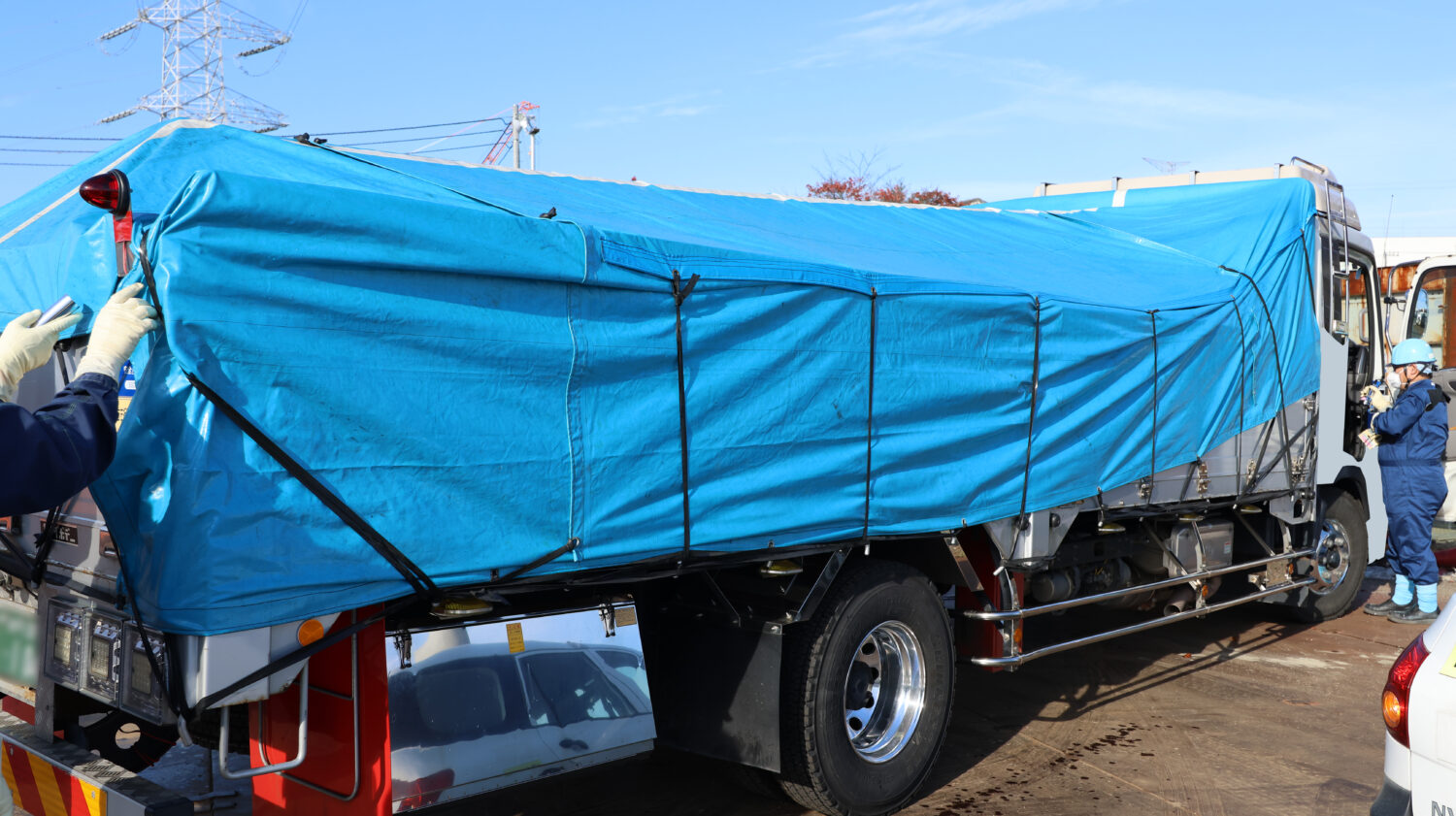
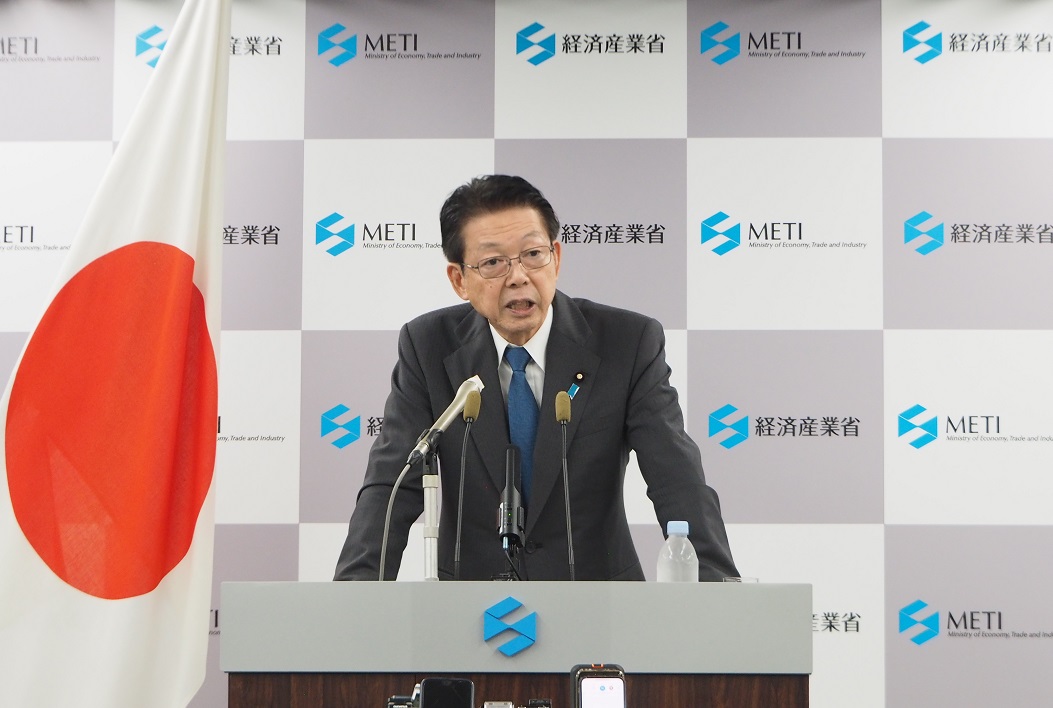
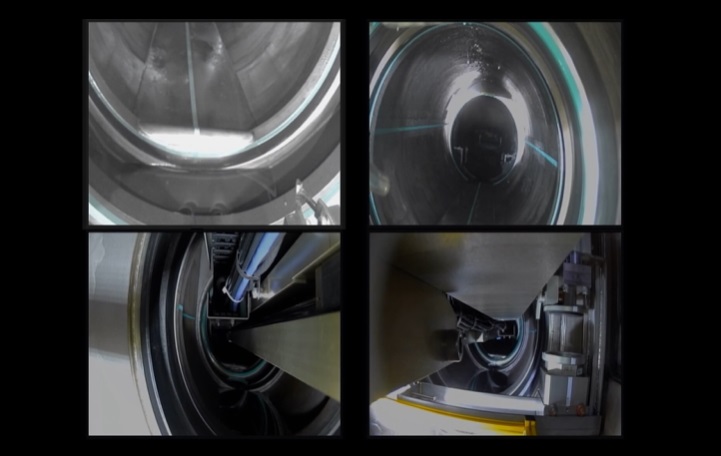
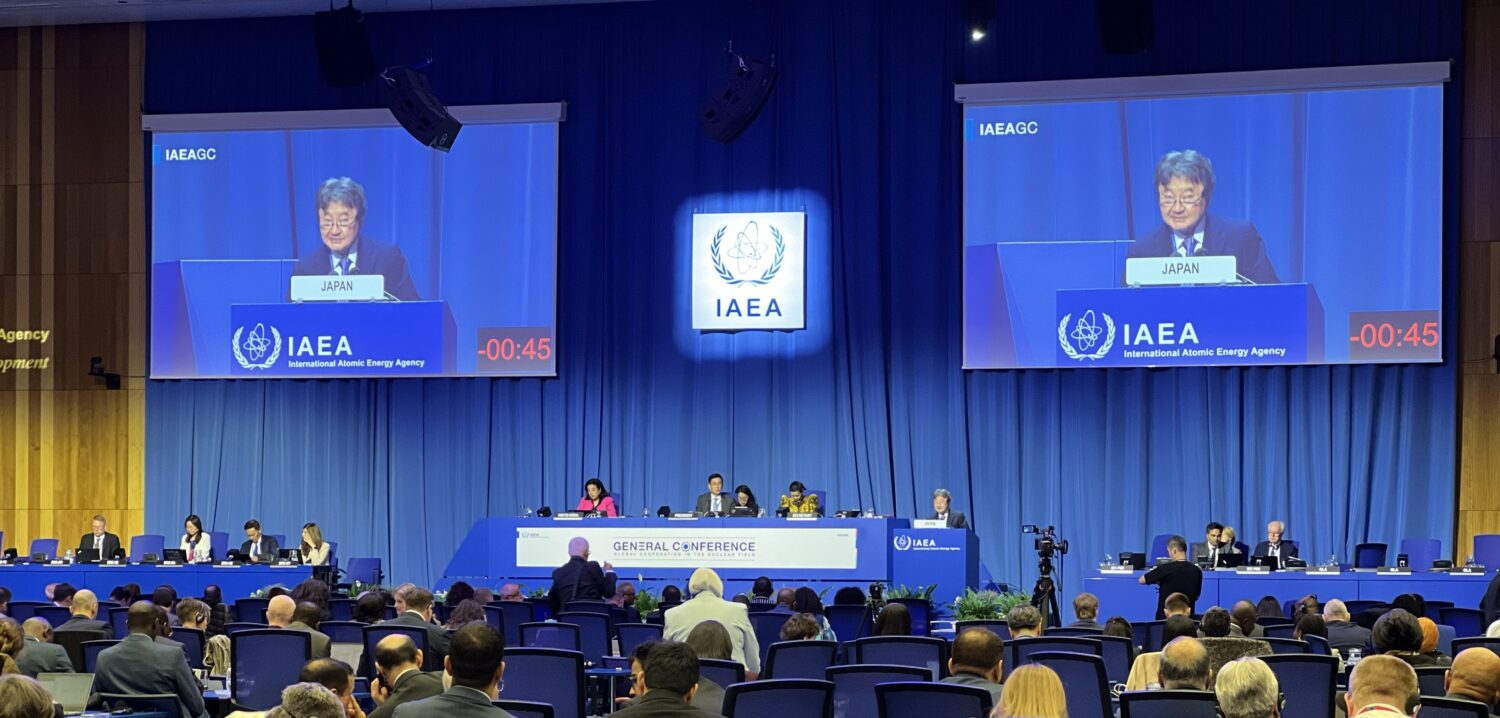
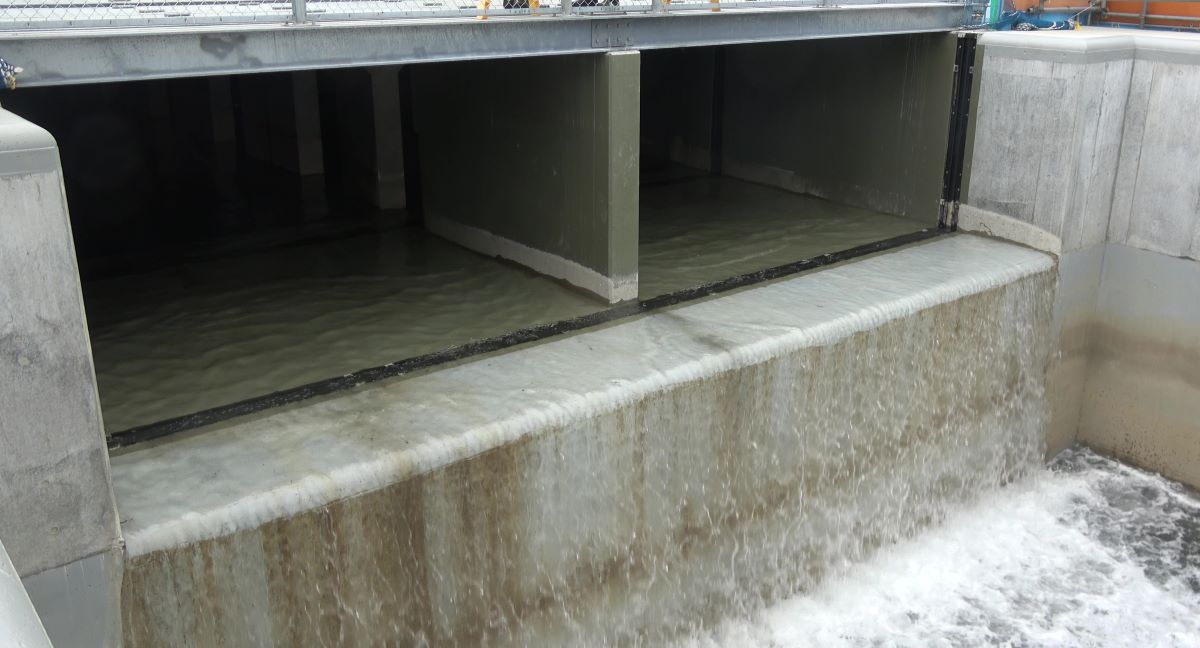
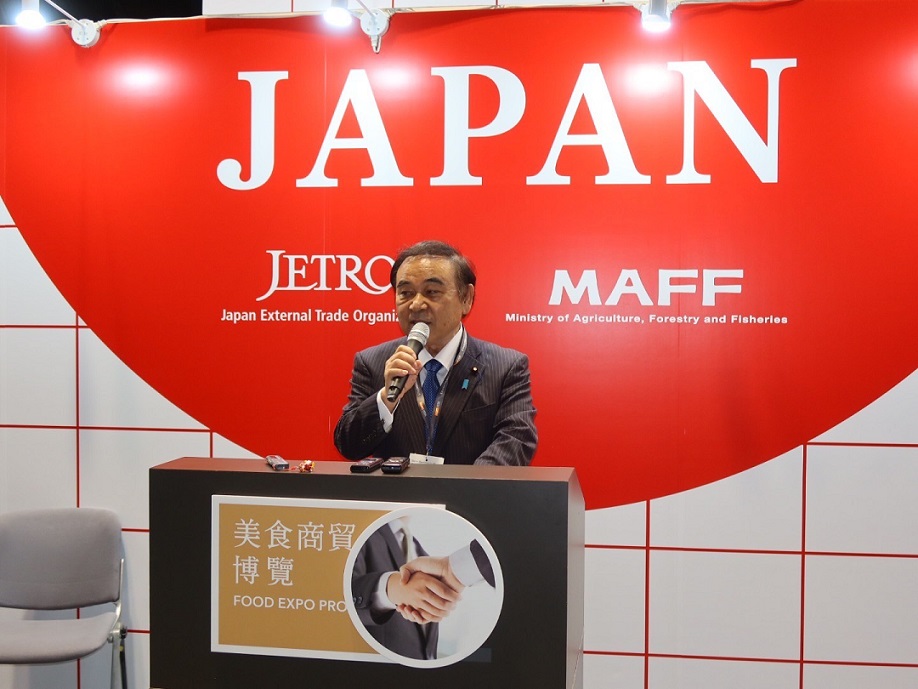
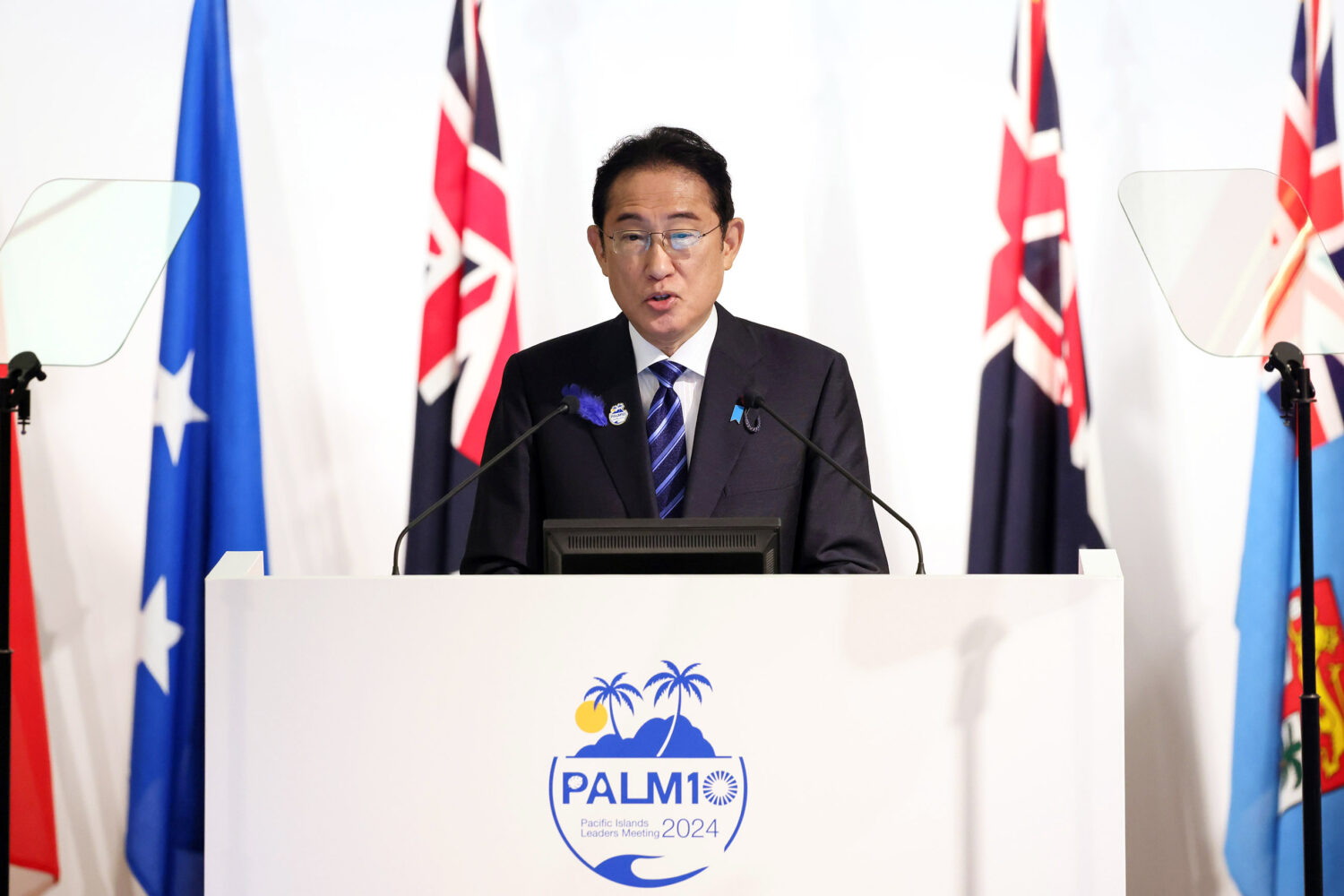

-1.png)
